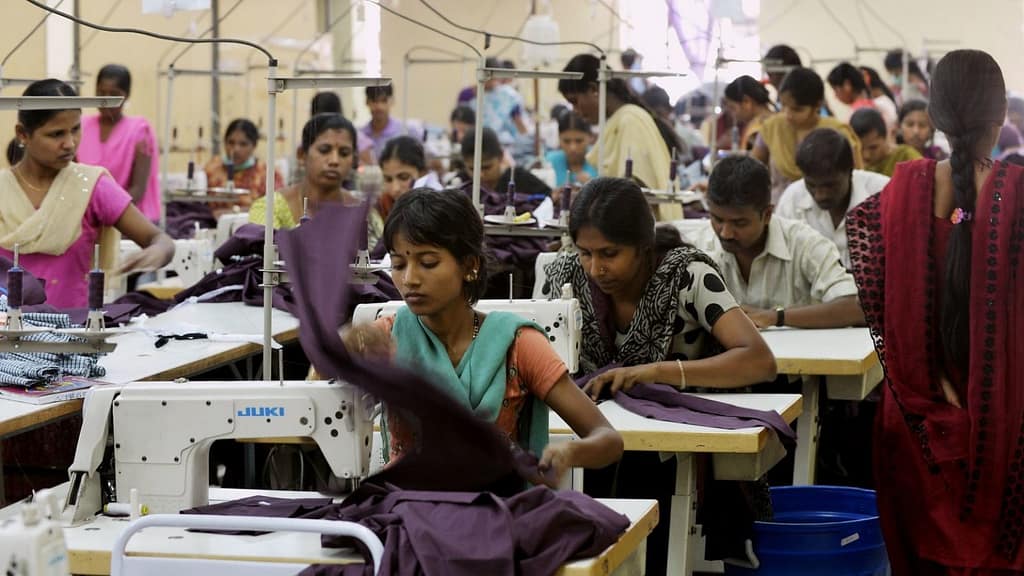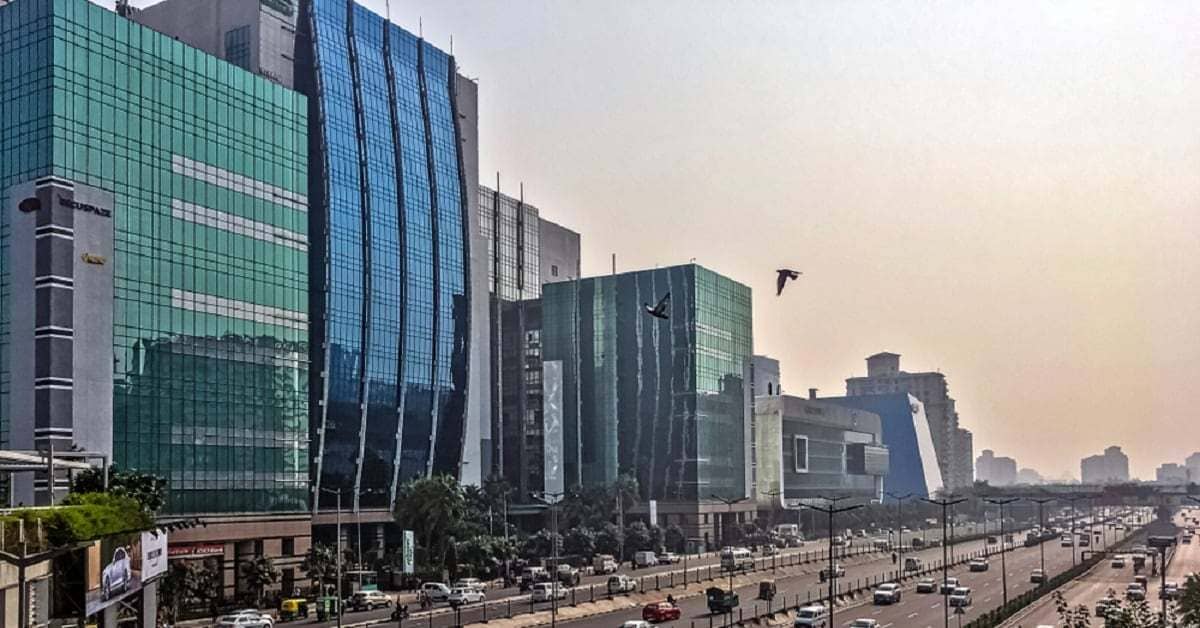Home from a distressing day.
Today we went to a slum area of Gurgaon to a community of garment factory workers. A few of my fellow Irish volunteers and I sat cramped in a hut with around 12 workers and an Indian lawyer who works for their garment workers union, he acted as translator for us. They told us that they work in a factory of 5,000 people making clothes for brands such as GAP, Next and Old Navy, other similar factories in the area produce for Nike and Marks & Spencers. They work nearly every day of the week, often for 12-16 hours straight (overtime is still standard pay) and earn around 5,000 Rupees (64 euro) per month. They spend close to half of this on rent for a one-roomed hut that they share with their whole family. This man’s hut where we sat chatting consisted of two shelves, one bed, a fan and a few cooking utensils. His corrugated roof had holes in it and only a few meters from his front door was an open sewer. If any of you have experienced monsoon floods, then you can imagine what it’s like living in these conditions when it rains. The men told us how they lack access to clean water and suffer from skin diseases from bathing and cleaning clothes with the local water. They also told us about their awful working conditions: they are not provided with any sort of protective gear, TB and other lung-related diseases are prevalent and so are injuries from machines. Whenever big targets come in from the clothes companies, they are forced to work several days straight with practically no breaks (whatever breaks they take for food are deducted from their pay anyway), they may not be allowed toilet breaks and will be tortured and beaten if they don’t hit the targets.

In preparation for factory inspections, the factory is cleaned up, they put soap in the bathrooms, provide masks and gloves to the workers and they train them to say sentences that will paint a happy picture of working there. If anyone dares put a foot out of line or complain about the environment, they risk being beaten or worse, fired. As soon as the inspectors leave, the owner, the management and the factory environment return to their disgraceful normal ways.
These men told us they have no bargaining power at all and they are completely voiceless in society. There is only one garment workers union in Delhi state consisting of approx. 500 members, but they are petrified to raise any issues as they’ll simply lose their jobs and their livelihoods. Furthermore, as most of them are migrants in Delhi and don’t have permanent residency here, they find it very difficult to get their children into schools.
At the end of our conversation, they apologized for not having presents to give us and they explained that they are very poor, but then in true generous Indian style, they pulled out a big bottle of Pepsi and a few packets of biscuits for us to share and they insisted that we dig in.
Then they asked us if there was any way that we could improve their situation. I sat there feeling completely helpless and so guilty for the life that I have been born into and the luxuries that I have been afforded. I promised them that I would go home and raise awareness for their cause. So, I apologize for the extremely lengthy post but if you’ve read this far, maybe you’ll think twice about where you buy your clothes next time you shop. If any of you know anyone of influence in these industries, then maybe you could pass on their story.
When I read about the factory collapse in Bangladesh a few months ago, I felt sorry for the people affected but it all seemed like a distant world and I’m ashamed to say that I forgot about it quite soon after. Little did I know that a few months later I’d be sitting talking to people like this in their own homes.




